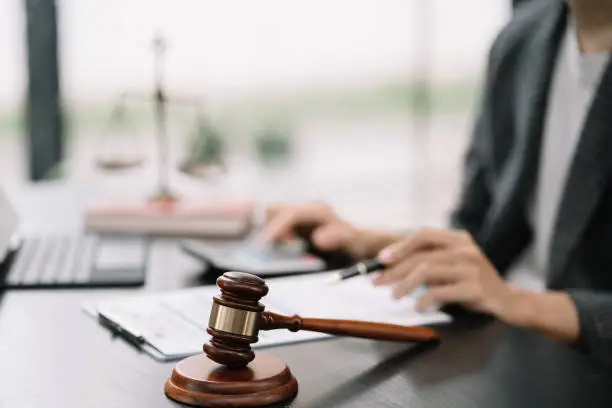The national laws and regulations of Latvia, which are compliant with EU directives and international agreements, serve as the foundation for the country’s legal system for enforcing intellectual property rights. Copyright, trademark, patent, industrial design, and unfair competition laws are a few of the important laws.

Latvian intellectual property office
The Latvia Patent Office is the main agency in charge of registering and safeguarding intellectual property rights in Latvia. The registration of patents, trademarks, industrial designs, and geographical indications is supervised by this agency.
Enforcing measures
Intellectual property (IP) enforcement measures in Latvia are intended to safeguard the rights of inventors and artists as well as to prevent and deal with incidents of infringement. Both civil and criminal proceedings are a part of the enforcement process, which aims to provide rights holders recourse and legal safeguards for their IP. Here is a summary of the many categories of intellectual property that are subject to enforcement in Latvia:
Criminal enforcement
Owners of IP rights may ask a court for a temporary or permanent injunction to stop future violations of their rights. Court rulings known as injunctions forbid the violator from carrying out certain actions that are against the IP owner’s rights.
Damages
Owners of IP rights may seek monetary damages for losses incurred as a result of the infringement. Damages granted to the IP owner are meant to make up for the financial losses brought on by the unlawful use of that property.
Profits account
In certain circumstances, the violator may be forced to declare and pay over any profits they made from the infringement to the rightful owner.
Delivering up or destruction
To stop the illegal items from being distributed or used again, courts may order that the infringing goods or materials be handed up or destroyed.
Publishing of decisions
The ruling of the case may be made public by the court, which may serve as a deterrence for further infringement.
Criminal enforcement
The IP owner or their authorized agents may report a serious instance of IP rights violation to law enforcement. Investigations and punishment of the infringing parties may result from criminal complaints.
Penalties
Depending on how severe the act was, violating IP rights may result in fines, imprisonment, or both in Latvia. Depending on the kind of intellectual property right violated and the extent of the infringement, the severity of the penalty often varies.
Customs enforcement
Owners of IP may ask customs officials to keep an eye out for and seize allegedly illegal or counterfeit items at the border. This precaution helps stop the import and export of fake goods into and out of Latvia.
Border control
When customs agents find questionable products, they may alert the IP owner and, at their request, detain the items to prevent them from entering the market. The rights owners might then file a lawsuit to find out whether the products are indeed fake or infringing.
Administrative enforcement
Latvia also uses administrative methods to protect IP rights. Compared to ordinary court processes, these actions are often quicker and simpler. The Latvian Patent Office, for instance, may undertake administrative tasks for trademarks and patents.
An alternative to litigation
Alternative Dispute Resolution (ADR) methods are used to settle intellectual property problems and disagreements between parties without turning to conventional courtroom litigation. These strategies seek to enhance discussion and negotiation between the parties and arrive at solutions that are acceptable to everybody. Different ADR methods may be more suitable for specific types of disputes: mediation, arbitration, and negotiation. An unbiased third person, known as the mediator, helps the opposing parties come to a mutually acceptable conclusion through the voluntary and private process of mediation. While facilitating conversation and assisting parties in identifying their interests, issues, and possible solutions, the mediator does not decide anything or enforce solutions. In arbitration, a neutral third party (the arbitrator) is chosen to hear the testimony and arguments made by both parties before issuing a legally enforceable judgment (an award). The arbitrator’s ruling is often enforceable, much like a court verdict, and arbitration is comparable to a formal legal procedure. Direct communication between the opposing parties during negotiation is done to get to a mutually acceptable settlement. Lawyers or mediators are not always necessary during negotiations.
You can also find these articles helpful
Solopreneur business ideas
Green technology market overview in Latvia
Information and Communications Technology market overview in Latvia







